Family Medicine Residency Match: Beat more than 4400 Applications
Family Medicine Residency Match and Family Medicine Residency Programs Table of Contents Toggle
/about_mega.jpg?width=500&height=500&name=about_mega.jpg)
MedEdits Medical Admissions is the nation's premier medical school admissions consulting firm. Since 2007, founder Jessica Freedman, M.D., and our team of physician educators have guided thousands of aspiring medical professionals through their premedical and medical school journey. Our faculty advisors bring invaluable insider knowledge from serving on medical school admissions committees, education committees, and hospital boards. Combined with our specialized medical admissions writing coaches, we provide the comprehensive guidance and industry expertise essential for acceptance to medical school, residency, and fellowship programs.
10 min read

Table of Contents
Toggle
The emergency medicine residency match is becoming more and more competitive every year since it is an increasingly more popular specialty among medicine students every year. There is no doubt, that the coronavirus pandemic which has put emergency physicians in the spotlight, will enhance the specialty’s appeal. Therefore, it is especially important that medical students do everything possible to influence those parts of the application that are within their control this year. This includes the emergency medicine personal statement, ERAS application entries, and selecting the best letter writers. Learn what criteria are important to residency program directors so you can increase your chances of matching in 2020/2021! This will be a match year like none other!
Because emergency medicine applicants will go on fewer away rotations this year and likely have fewer emergency medicine letters of recommendation/SLOEs, more weight will be placed on the emergency medicine personal statement, letters of recommendation from outside the specialty, and the MSPE.Read the latest guidelines set forth by the Council of Residency Directors.
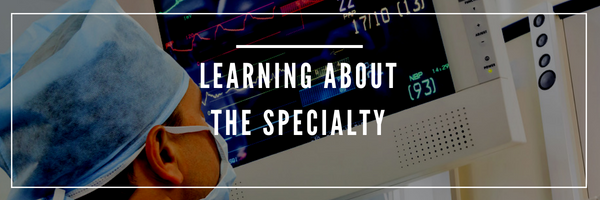
Since emergency medicine is a specialty many students don’t have direct exposure to until the fourth year of medical school, it is important to learn about this specialty early in your medical education if you think it might interest you. This means trying to plan some shadowing with an emergency physician or in the emergency department at your medical school during your first and/or second years. Many students, however, frequent the ED during other core rotations such as internal medicine and surgery when they can learn about the specialty. Some medical schools also offer a two week block of emergency medicine during the third year. The Society of Academic Emergency Medicine (www.saem.org) is a great resource for students who want to learn more about the field. However, nothing can replace actual exposure to the field and meeting a variety of emergency physicians who work in different settings to know if the specialty is a good fit for your interests and strengths.
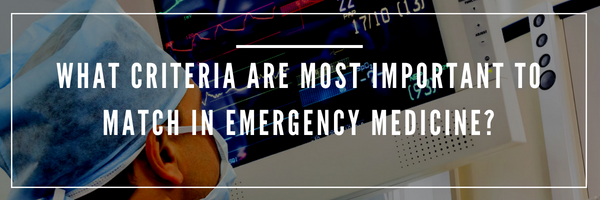
Understanding what criteria are most important to emergency medicine program directors and admissions committees will allow you to position yourself as well as possible to match in the specialty. It is important to know how competitive you are for emergency medicine by reviewing data published by the National Residency Matching Program (NRMP). This data includes the 2018 Program Director’s Survey and Charting Outcomes in the Match for all three applicant types (allopathic students, osteopathic student and international students). Summarizing this data, together with our own knowledge of what makes a successful applicant, we will outline what is most important to match!
The following are the top five criteria considered most important to program directors when deciding who to interview:
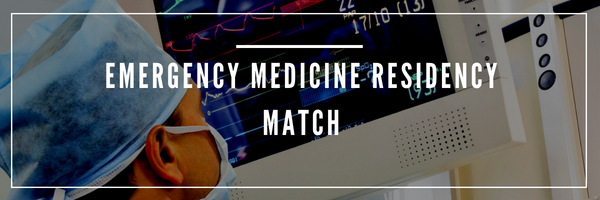
The emergency medicine personal statement, while always a crucial part of the emergency medicine residency application, will play an even greater role this year in the residency match process. Learn how to write a great emergency medicineresidency personal statement. MedEdits founder, Dr. Jessica Freedman, is a former Associate Residency Director for emergency medicine and knows what committees are looking for! Email her now for guidance: info@mededits.com.
Emergency Medicine residency programs are three or four years in length. Additionally, Emergency Medicine (EM) is a residency that has two entry points. The vast majority of programs start in the PGY1 year while others start in the PGY2 year.
Three year programs always start in the PGY1 year and are commonly referred to as one, two, three programs.
There are two types of four year programs. The first types start in the PGY2 year and are referred to as two, three, four programs. Residents in two, three, four programs complete an internship year (typically in internal medicine, surgery, transitional, or pediatrics) before starting emergency medicine residency. Finally, some four year emergency medicine programs are one, two, three, four programs that start in the PGY1 year.
Most attendings and advisors with whom you speak with will have a personal preference about which “type” of program is best. Keep in mind that all three types of programs will prepare you well to practice the specialty. Emergency medicine specialty board pass rates are the same for graduates for all three types of programs. If you might want a career in academic emergency medicine, four year programs may offer you a slight advantage over three year programs. Ultimately, it is a personal decision when choosing what type and length of program is best for you.
In 2020, there were a total of 2,665 EM positions. US MD seniors filled 64% of those positions and 37% of those positions were filled by US DO seniors. 5.8% were filled by US IMGs.
A total of 5.9% of US MD seniors did not match and 11.7% of US DO seniors did not match.
Most emergency medicine program directors recommend away electives as a way to gain exposure to another institution, prove yourself on another “turf” and to have letters of reference from somewhere other than your home institution. Where to complete away electives will be largely determined by your competitiveness and geographic preferences. Ideally, away electives should be completed by October of the application year. In 2018, 75% considered an away rotation important when deciding whom to interview and 78% of program directors considered an audition elective in his or her department influential in ranking an applicant.
Something else to keep in mind is that emergency medicine residencies use the Standardized Letter of Evaluation (SLOE). Every emergency medicine faculty member letter writer completes a SLOE in place of a “traditional letter.” In the evaluation process, your SLOEs carry the most weight. Letters of reference from people within the specialty were considered important to 97% of program directors when deciding whom to interview and 89% considered this important when deciding who to rank.
Want help with your Emergency Medicine Residency Personal Statement? Wondering if you can match well? Sign up for a free 15 minuteIn 2020, cumulatively, 3,323 applicants applied for 2,665 EM (PGY1 and PGY2) residency positions. Of those 3,323 applicants, 1,935 were US senior allopathic medical students and 861 were osteopathic seniors.
Total match percentages who ranked emergency medicine at their top choice:
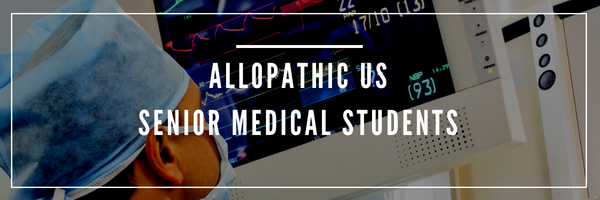
This is the data for those US senior medical students who matched successfully based on the most recent data available from the Program Directors’ Survey:
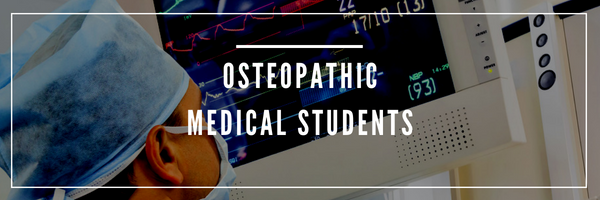
*This data is from the 2018 Program Directors’ Survey which is the most recent survey available.
Cumulatively, 2,693 applicants applied for 2,278 EM (PGY1 and PGY2) residency positions in 2018. There were 558 osteopathic applicants. Of those, 457 matched. Therefore, 81.9% of osteopathic medical student EM applicants matched in EM.
The data for those osteopathic students who matched successfully:
Because emergency medicine allopathic residencies are very competitive for osteopathic students, it is recommended that students have a minimum of two audition electives (at least one at an allopathic residency program) and a minimum of two SLOEs from academic emergency medicine faculty. It is also advisable that osteopathic applicants take the USMLE. Many programs will not consider COMLEX scores in place of the USMLE.
Keep in mind that osteopathic medical students can also apply to AOA-approved emergency medicine residency programs. In 2018, there were 172 positions for emergency medicine in the AOA match.
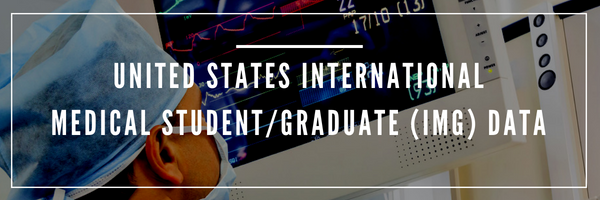
*This data is from the 2018 Program Directors’ Survey which is the most recent survey available.
Cumulatively, 2,693 applicants applied for 2,278 EM (PGY1 and PGY2) residency positions in 2018. There were 166 US IMGs who applied for emergency. A total of 77 matched. Therefore, 46.4 percent of US IMGs emergency medicine applicants matched in emergency medicine.
Below is the data for those US IMG applicants who matched successfully:
Because emergency medicine residencies are very competitive for US international students, it is recommended that students have a minimum of two audition electives (at least one at an allopathic residency program) and a minimum of two SLOEs from academic emergency medicine faculty.
Want help with your Emergency Medicine Residency Personal Statement? Wondering if you can match well? Click Here to sign up for a free 15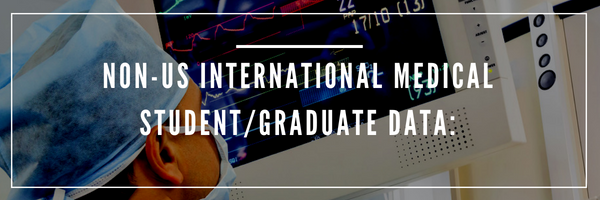
*This data is from the 2018 Program Directors’ Survey which is the most recent survey available.
Cumulatively, 2,693 applicants applied for 2,278 EM (PGY1 and PGY2) residency positions in 2018. A total of 68 non-US IMGs applied and 28 matched. Therefore, a total of 41.2% of non-US IMGs emergency medicine applicants matched in emergency medicine.
Below is the data for those non-US IMG applicants who matched successfully:
Because emergency medicine residencies are very competitive for non-US international students, it is recommended that students have a minimum of two audition electives (at least one at an allopathic residency program) and a minimum of two SLOEs from academic emergency medicine faculty.
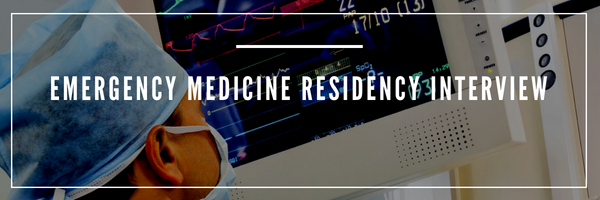
Based on the 2018 Program Director’s Survey published by the NRMP, the following factors were most important in deciding who to invite for an emergency medicine residency interview:
There is no question that a USMLE/COMLEX failure is a deal breaker for many programs. However, in our experience, this is “easier” to overcome if you are a US allopathic student. The 2018 Program Director’s Survey indicated that 61% of programs rarely consider an applicant with a Step 1 failure and 37% never consider an applicant with a Step 1 failure.
It is a fact of life that your performance on Step 1 or COMLEX 1 will impact the likelihood that your application is “screened in” and that you are invited for an interview. Many programs automatically screen out applications if the Step/COMLEX 1 score falls below a certain threshold. The 2018 Program Director’s Survey indicated that 62% of programs have a “target score” they like to see applicants earn. That cut off for most programs is between 210-220. By the same token, some programs automatically grant interviews for students with scores above a certain threshold. That threshold varies but is usually between 205 and 215 depending on the program. The average Step 1 score above which students are automatically interviewed was 235, but, keep in mind that not all programs offer automatic interviews. If you don’t do as well on Step 1 as you would have liked, take Step 2 CK early and do as well as you can! The mean Step 2 CK score for US seniors who matched was 247.
You might ask how your professionalism and ethics might be assessed based on your written application. Program directors glean information about your personal characteristics and traits from your emergency medicine personal statement, ERAS written application, and letters of reference. This is why it is important to compose your personal statement and ERAS work, research, and volunteer experience entries thoughtfully. It is empowering to know that the outcome of your application season is, in part, within your control at this stage of the process.
Emergency medicine program directors want to understand your commitment to the specialty and that you have adequately demonstrated that interest by doing as much as possible to learn about the practice of emergency medicine and gain exposure. You can express this commitment though your personal statement and ERAS experience entries. Of course, if you are known and well liked by a program to which you are applying, this is a real plus which is why away electives can be beneficial in the residency admissions process. Letters of recommendation from emergency physicians who know you well is also of the utmost importance and was considered one of the most important factors in deciding whom to interview.
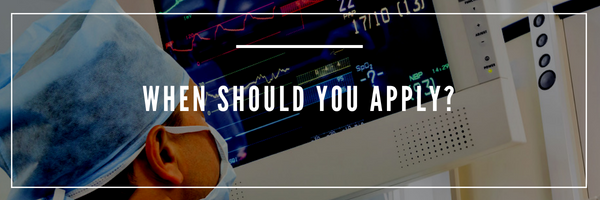
Sixty percent of programs extend interviews in October. Therefore, it is important to send your ERAS application in early!
Now, assuming you are selected for an interview, what factors influence how (and if) you are ranked?
Here’s the list:
As you can see, after the interview, it is your “interview performance,” interpersonal qualities, and how you are perceived by anyone and everyone you meet that will influence how you are ranked (and even if you are ranked) the most. This is why, no matter how strong an applicant you are, it is important to be comfortable with the interview process. It is also valuable to know yourself; are you an introvert or more of an extrovert? What types of social situations make you comfortable or uncomfortable? During residency interviews you will be meeting many new people and having numerous conversations with strangers. Be prepared! While your USMLE/COMLEX scores, grades, letters of reference and written application will still be considered after you interview, it is how you do on your interview day itself that will most greatly influence your rank position at any program where you interview.
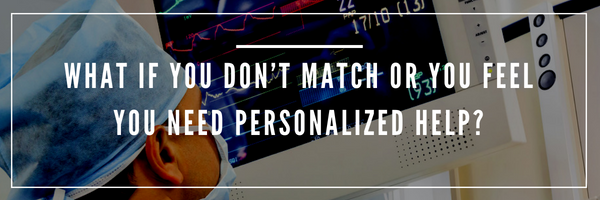
Applicants often feel lost, confused and overwhelmed by the residency application process. This is where MedEdits can help. We have helped hundreds of applicants match successfully. Whether you need a fourth year planing strategy, help with your personal statement, interview help, or any other guidance related to the residency match, we will make sure you are positioned as well as possible to match well!
/about_mega.jpg)
Jessica Freedman, M.D., is a board-certified emergency physician, former faculty member, medical school admissions committee member, and Associate Residency Director at the Icahn School of Medicine at Mount Sinai. She is the founder and chair of MedEdits Medical Admissions. Since 2007, she has helped thousands of students navigate the medical school admissions and residency match processes, with more than 95% of comprehensive clients gaining acceptance. She is the author of four books on medical admissions and host of The Oath podcast.

Family Medicine Residency Match and Family Medicine Residency Programs Table of Contents Toggle

Internal Medicine Residency Match 2024-2025 Table of Contents Toggle

1 min read
Premed Professional Competencies: What medical school admissions committees are really seeking Medical school admissions committees and educators...